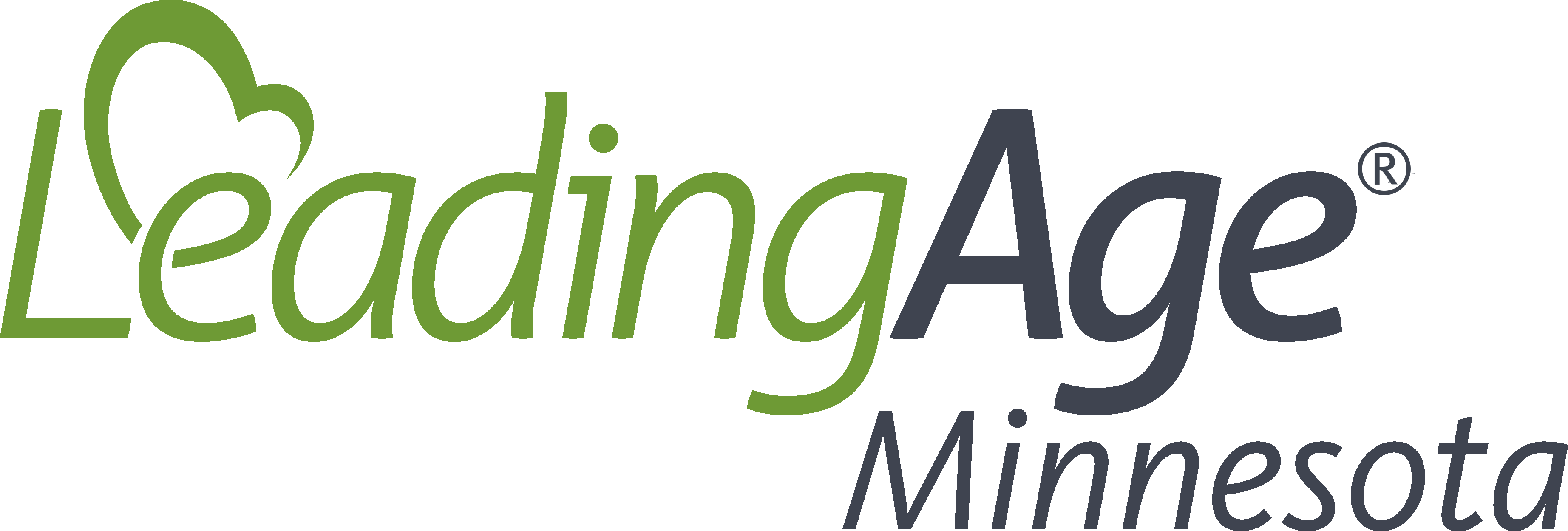Technology Demo Day - Fall Prevention
May 5, 2026, 8:55 AM-4:15 PM
Purpose
Join us for our new Virtual Technology Demo Day on Fall Prevention to explore proven, data-backed technology solutions designed to reduce falls and fall-related injuries in long-term care settings. You’ll see real-world demonstrations of tools such as remote monitoring, wearables, alarms, motion sensors, AI video analytics, predictive analytics, and environmental safety technologies—all aimed at improving resident safety, strengthening staff response, and supporting better outcomes.
This event also highlights implementation best practices, provider case studies, and measurable results to help organizations align fall prevention strategies with CMS quality priorities, regulatory expectations, and ongoing performance improvement efforts.


